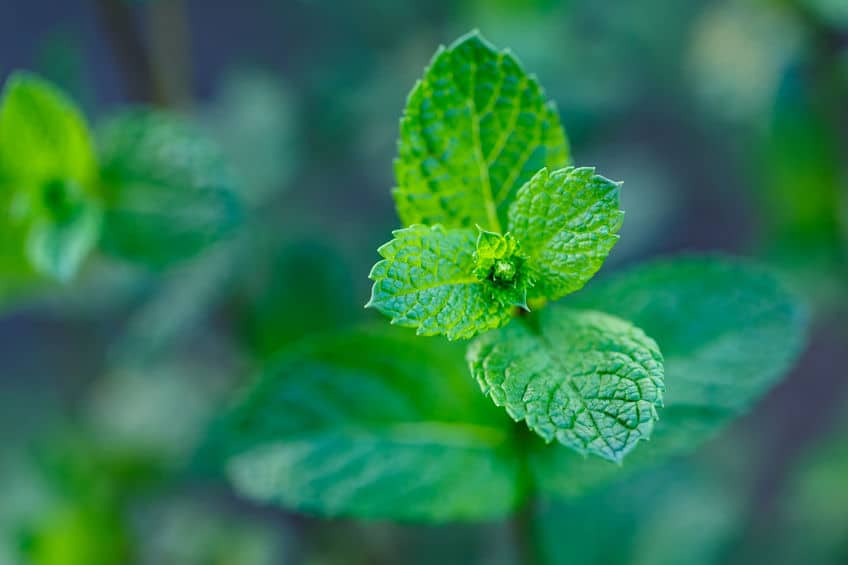Despite wasps being fascinating most people do not want them around their house. Anecdotally peppermint has long been held to have a deterrent effect but just how effective is it really.
It has been shown in controlled conditions that essential oils including peppermint do have a repelling effect on yellow-jacket and paper wasps. In addition to peppermint other essential oils were found to be effective with a combination of clove, geranium, and lemongrass working best to deter wasps.
let’s take a closer look at these findings.
Essential oils that repel wasps
In 2012 a study from the Journal of Pest Management Science, entitled ”’Essential oils and their compositions as spatial repellents for pestiferous social wasps‘, tested 21 essential oils to see if they were effective at repelling wasps. Of these 21 they found that 17 were effective repellents against yellow-jacket and paper wasps. Peppermint and spearmint were included in these 17.

The other 15 essential oils found to have repellent effects on wasps were clove, pennyroyal, lemongrass, ylang-ylang, wintergreen, sage, rosemary, lavender, geranium, patchouli, citronella, Roman chamomile, thyme, fennel seed, and anise
The best combination of essential oils to repel wasps
The mixture of the essential oils clove, geranium, and lemongrass was found in the 2012 study to be the most effective at repelling wasps. It was found that these oils contain components wasp antennae were able to detect and of these, a number when tested in isolation did repel wasps.
It is not known why wasps were repelled by these particular components, but it may be connected to natural defences from some plants used to deter insects as it also seems to repel spiders, caterpillars, aphids and most likely many others. The findings are good news as their use offers a more environmentally friendly way of dealing with wasps than other chemical alternatives.
Other ways to repel wasps
Decoy wasp nests have also become a popular method of deterring wasps. It is known that wasps will avoid other wasp nests. Wasps are very territorial and require a lot of resources including wood, nectar, insect prey, and water. It makes sense that wasps would not want to be in competition for these resources.
It is also known that wasps will prey on each other and can also attack each other’s nests. A decoy nest could as a result work to encourage wasps to move on to another area either to build a nest or to forage.
Soap and water is a well-known method for killing wasps. Unlike humans, wasps do not breathe through their mouth, but rather through tiny holes on their abdomen. They can close these holes to prevent water from getting in, but the soap clogs the holes and will cause the wasps to die. Read More.
Spraying soapy water infused with peppermint will act as a deterrent to wasps.
Finally, avoiding leaving food, especially sugary foods outside will also help. Wasps are not only attracted to sugary foods but they also communicate the source of food to other wasps using pheromones. You don’t want your home marked up as a food source.
